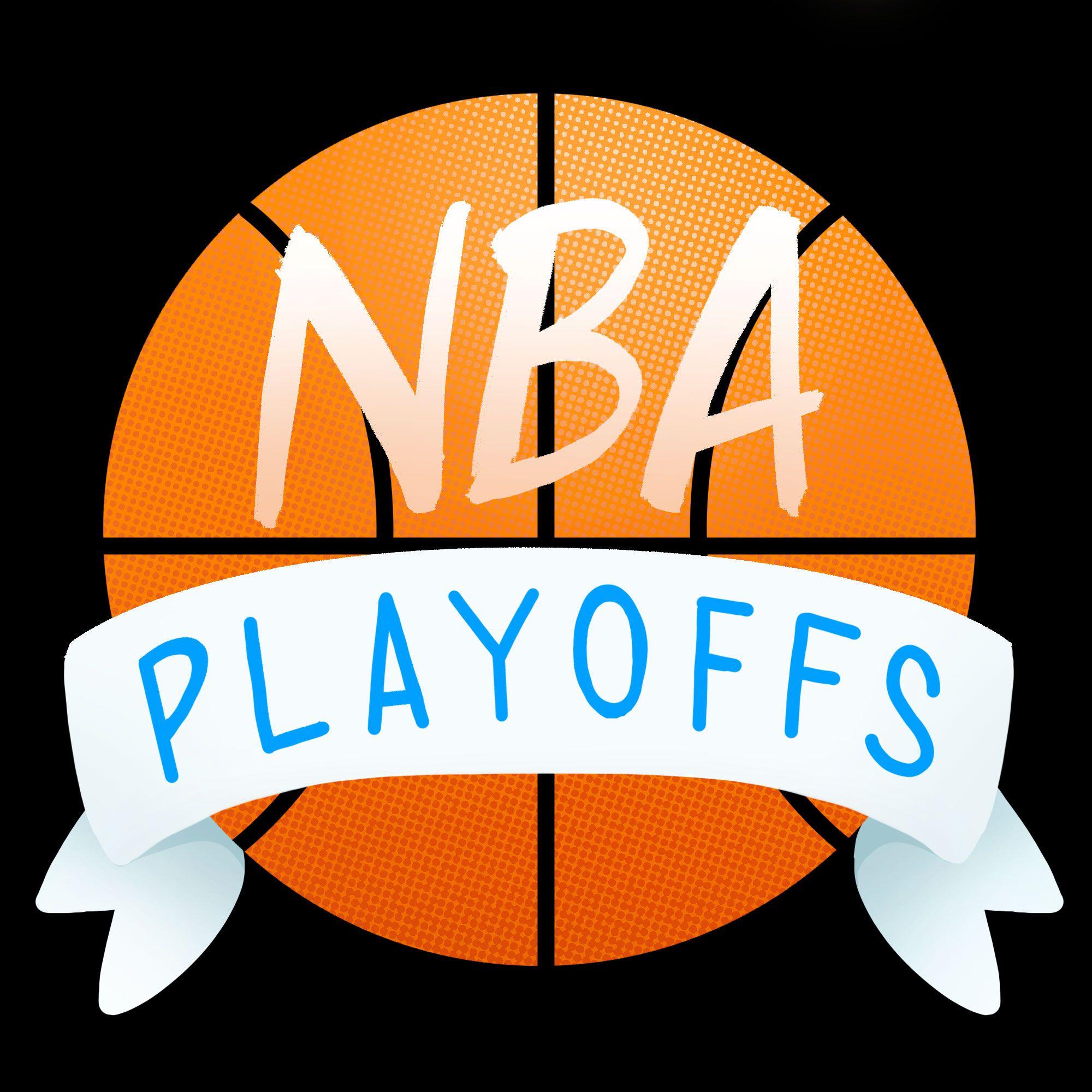
The Wizards aren’t too dissimilar from the Thunder. They have elite players, but sometimes the execution isn’t there. For instance, in their first-round series, the Wizards looked every bit as talented as the Raptors. But Washington folded to Toronto’s superior in Game 6 on Friday, leading to a 102-92 loss, and was eliminated from the playoffs.
Upsetting the East’s top seed would have been a big moment for Washington, but it might have masked some of its shortcomings this season. Now the Wizards head into the offseason with few, if any, pathways to marked improvement. Instead of looking outside their franchise for help, they might be better off spending a lot of time looking at a mirror.
What’s the Value of a Good Backcourt?
We’ve been asking the John Wall–Bradley Beal chemistry question for years. The two franchise players always seem to find something to clash over (Marcin Gortat stokes the fire as well). This season, the question became whether they were better without Wall after they won 10 of their first 13 games while he was out because of knee surgery. (Narrator: They’re not.) “Everybody eats” became a catch-all for their longstanding issues, and the Wizards held more meetings than we do at The Ringer to set the daily content budget.
But if you watched Beal and Wall in these playoffs, you could tell that they’re still able to not just coexist, but thrive. It’s dysfunctional functionality. Yet the question remains: How much higher can the Wizards go with Wall and Beal, especially when their salaries are about to skyrocket?
The Wizards have nearly $45 million committed to both guards next season. That number explodes to $65 million the following season once Wall’s super-max extension kicks in, and jumps again to nearly $70 million in 2020. Wall alone will make more than $44 million in 2021-22, at age 31. The Wizards haven’t so much built this team around their backcourt as they have made their team their backcourt. Trading one of them is always an option, but who will want to take Wall’s contract? And is there an even return out there for Beal that will make them better right away?
What Should They Do About Kelly Oubre Jr.?
Oubre may be the fourth wheel, but he’s made clear improvements. His scoring production has nearly doubled from last season, and he’s now shooting a serviceable 34 percent from 3. Oubre’s been the anchor of the Wiz’s bench lineups, and though he remains a bit overaggressive on defense, he’s shown the potential to be a two-way player, which is why coach Scott Brooks trusts him in crunch-time lineups.
The 22-year-old is eligible for a rookie extension this summer, but because of the Wizards’ payroll, they might have to wait until Oubre hits restricted free agency next summer. Wall, Beal, and Otto Porter Jr. will be the Wizards’ Big(ish) Three for the foreseeable future (unless a trade splits them up). The trio all signed long-term deals within the past two seasons, and by the time 2020 rolls around, they’ll be making a combined $98 million. That’s three players worth nearly all of the salary cap.
But Oubre is important, especially to a team whose bench has been a joke the past few seasons. To keep him, the Wizards might have to start shopping one of their core players, most likely Porter. A lot of teams could use a wing of his caliber even if he hasn’t played up to his contract just yet. Oubre could also be turned into a trade asset himself this offseason, or after making yet another leap next season. He is the only option the Wizards have to get better (outside of trading draft picks) as they wait for the bad contracts of Gortat ($14 million next season) and Ian Mahinmi (about $16 million in each of the next two seasons) to run out.
Is It Finally Time to Part With the Wizards’ Front Office?
In the 15 seasons of Ernie Grunfeld’s tenure as president of basketball operations, Washington has made the playoffs only eight times, and never made it past the second round. (I’m sure no Wizards fan has to be reminded of that.) Every bad loss, bad roster, bad move, and bad season the Wizards have had can be traced back to him — as can the hiring of Brooks, who has been better for this roster than his predecessor, Randy Wittman, yet still not good enough to push the Wiz over the proverbial hump. Brooks probably won’t be fired, and he shouldn’t be; Grunfeld’s moves, or lack thereof besides signing everyone to huge contracts, are the issues.
